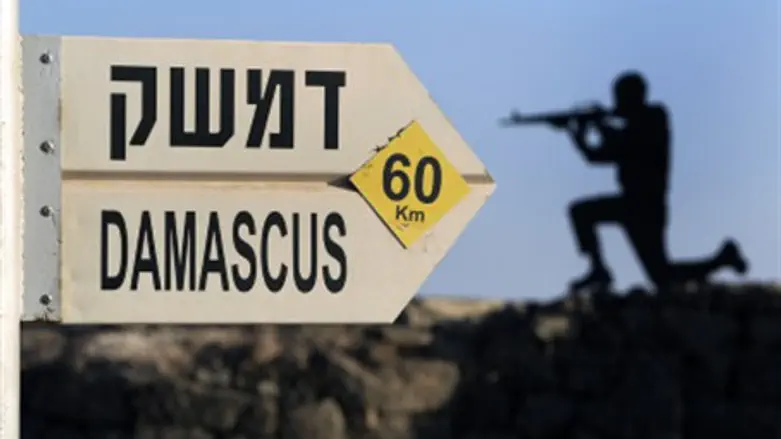
The United Nations has halted peacekeeping patrols in the Golan Heights amid fears that fallout from the Syrian war could cause more countries to withdraw from its force, diplomats said Wednesday, according to an AFP report.
The abduction last week of 21 Philippine members of the United Nations Disengagement Observer Force (UNDOF), which has monitored a ceasefire zone between Syria and Israel since 1974, has heightened security fears, the report noted.
Canada, Japan and Croatia have withdrawn their contingents in recent months leaving only the Philippines, Austria and India in UNDOF.
The Philippine government said it is reviewing its activities after the 21 troops were held for four days. Austria has also raised concerns to the UN, diplomats told AFP.
"There is a risk they will all leave. And if they all leave then the mission is in definite crisis," said one senior UN diplomat. "They are no longer doing patrols. They have closed down some of the observation posts."
Another senior Security Council diplomat warned, "There is a real danger of the total unraveling of the force."
Shots were fired at one observation post after the Filipinos were freed last Saturday. The UN said after this incident it was “actively reviewing” the safety of its UN observers in the Golan Heights.
The UN diplomat said the observers only have side arms "so they can't defend themselves if they are attacked with machine guns."
The UN has complained to the Syrian government about incursions by President Bashar al-Assad's forces into the Golan zone and about rebels who have built up their presence.
Without giving details on UNDOF's activities, UN peacekeeping spokesman Kieran Dwyer acknowledged the growing concerns and said changes to the force were started several months ago.
"The mission is having to assess the way it works so that the troops are safe and the most critical roles are carried out," Dwyer told AFP.
UN Secretary General Ban Ki-moon is to make new recommendations about UNDOF to the Security Council next week. The council may call a special meeting with the remaining troop contributors in a bid to reassure them, the diplomats said.
The UN spokesman and the diplomats stressed the importance of the mission in making sure that the tensions do not trigger a new Israeli-Syrian conflict alongside the two-year-old civil war in Syria.
IDF Chief of Staff Benny Gantz warned this week that rebel terror groups fighting against Assad may target Israel next.
Speaking at the Herzliya Conference 2013, Gantz said, “The situation in Syria has become unstable and incredibly dangerous. Although the likelihood of war with Syria is low, the terrorist organizations fighting against Assad may see us as their next challenge."
Gantz's remarks came as Syrian rebel fighters have vowed to wage war against Israel once their battle against President Bashar al-Assad is over.
In a video posted on the Internet a couple of weeks ago, a small group of jihadist rebel fighters was filmed against the backdrop of the demilitarized zone in the Golan Heights – the buffer zone that for some 40 years has served to keep the border quiet between Syria and Israel.

